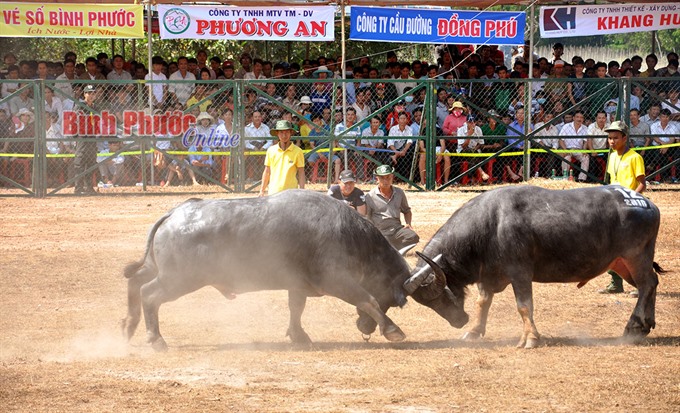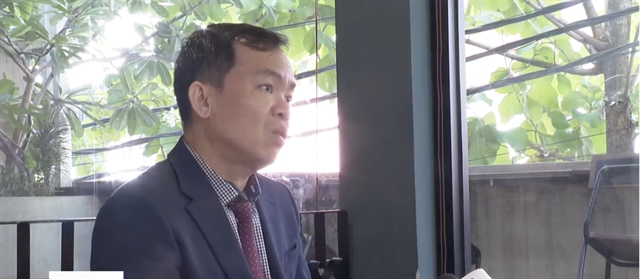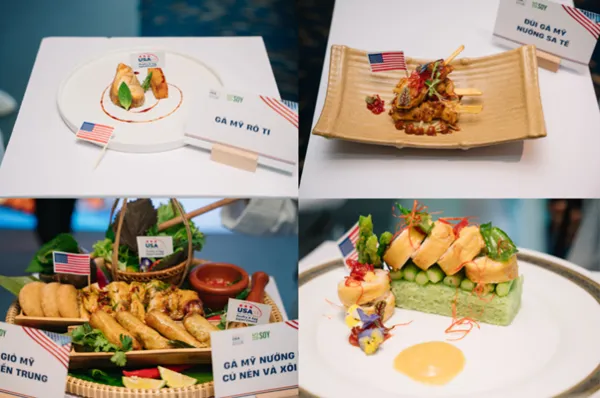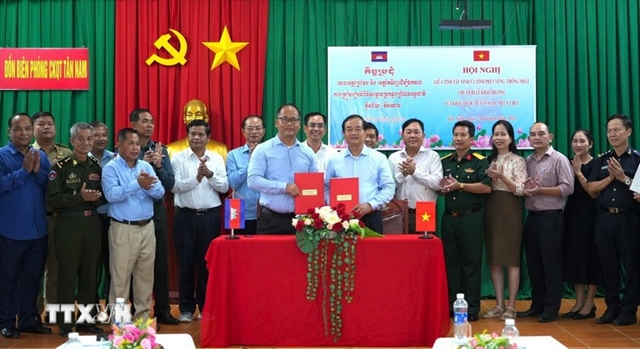 Life & Style
Life & Style

The southern province of Bình Phước plans to ask the Government to grant intangible cultural heritage status to the traditional buffalo-fighting festival in Quản Hớn District.
 |
| Steers: The Hớn Quản Buffalo-Fighting Festival in Bình Phước Province attracts a large number of visitors each year. — Photo baobinhphuoc.com.vn |
BÌNH PHƯỚC — The southern province of Bình Phước plans to ask the Government to grant intangible cultural heritage status to the traditional buffalo-fighting festival in Quản Hớn District.
The buffalo-fighting festival has a long-standing tradition and plays an important role in the spiritual life of the local residents.
The festival allows farmers and producers to share experiences and learn from each other about buffalo breeding.
On Tuesday, the province’s Department of Culture, Sports and Tourism and the Quản Hớn District’s People’s Committee held a meeting to listen to opinions from leaders, scientists, cultural researchers and the community on the role and cultural value of the festival.
Lê Tiến Dũng, deputy chairman of the province’s People’s Committee, said the festival help locals preserve their cultural identity and heritage.
In recent years, the festival has also seen a large number of visitors, he added. Last year, 30 buffalos took part in the festival, which attracted more than 5,000 locals and visitors.
The festival is organised twice a year at the Communal House of Tân Khai Commune.
The first event is held in lunar January to celebrate the Lunar New Year (Tết) holidays, and the second event is on 18th day of the 8th month on the lunar calendar to pray for peace, happiness, good weather and crops.
After the buffalo competitions, the animals are not sold or killed and are kept for breeding to serve agricultural production.
Lê Văn Quang, deputy director of the province’s Department of Culture, Sports and Tourism, said the local authority should conduct careful research on traditional values and contemporary challenges before deciding how to restore and develop the festival as a cultural product.
Local authorities and concerned agencies should also begin developing papers to present to the government to support national recognition as an intangible cultural heritage, he added. — VNS




